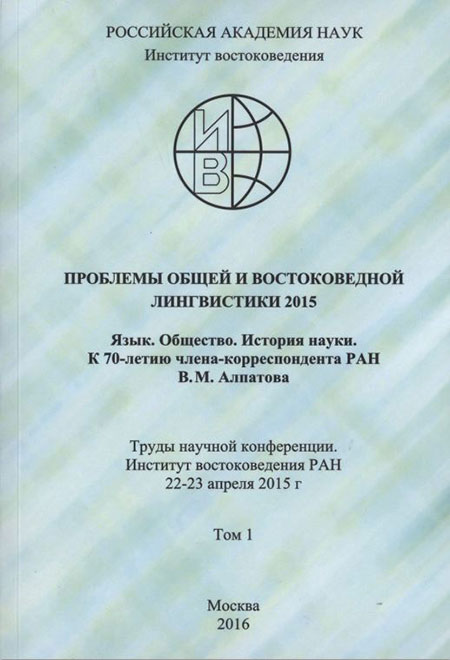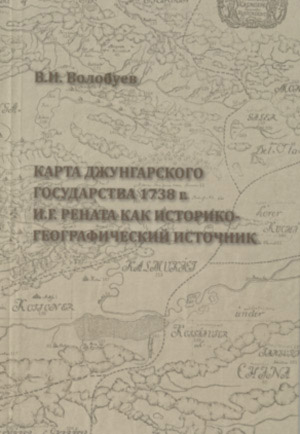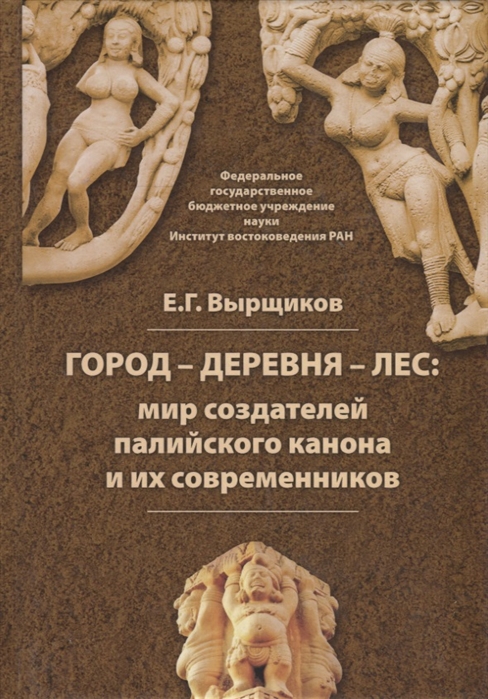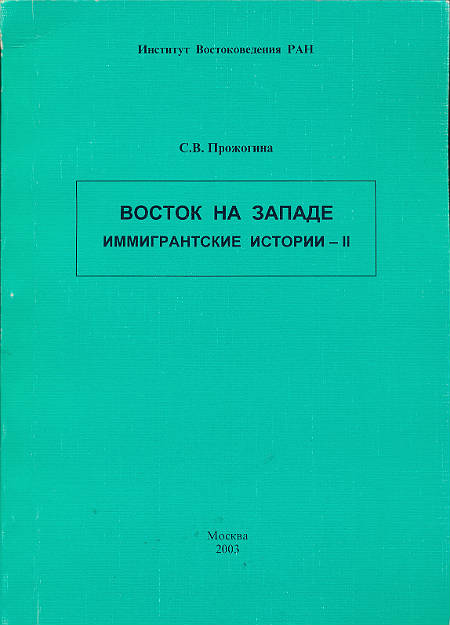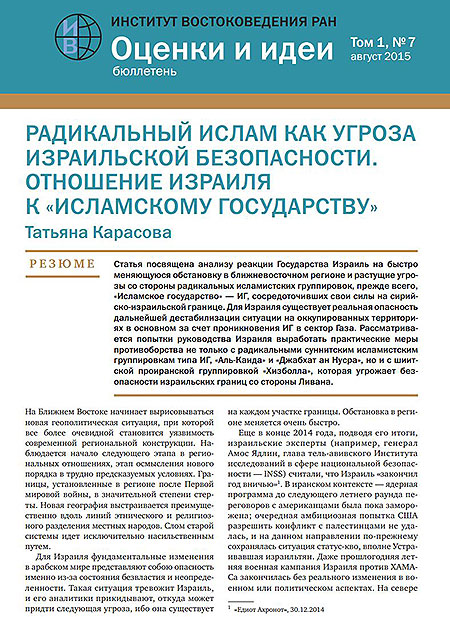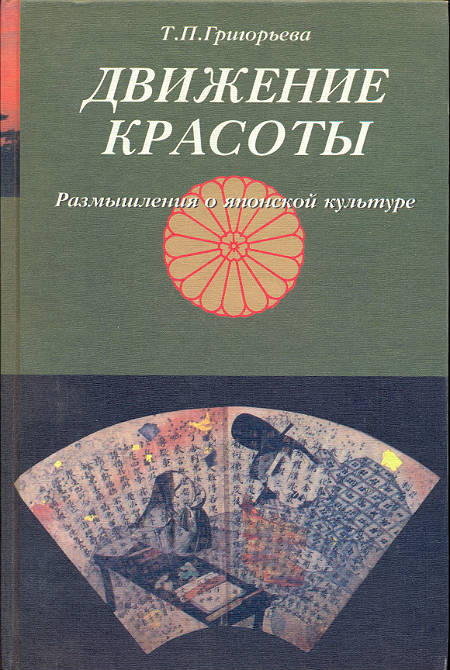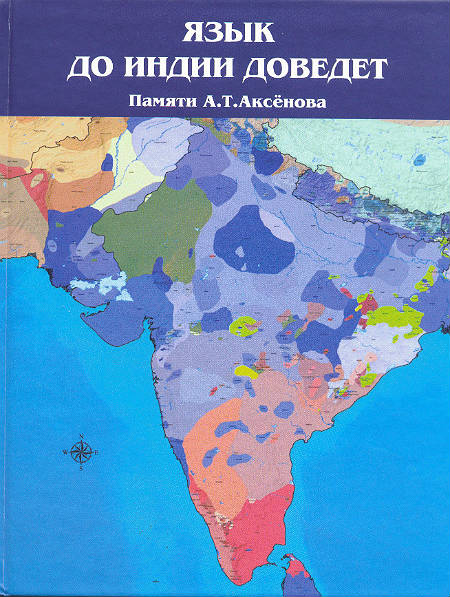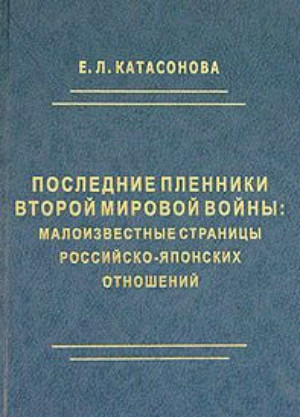Book
Последние пленники Второй мировой войны: малоизвестные страницы российско-японских отношений
Institute of Oriental Studies of the Russian Academy of Sciences
Москва, 2005, 256 p.
The book is devoted to the one of mostly discussed issues in Russia Japan relations — the presence of the Japanese POW’s in the USSR after the World War II. This problem is analyzed within the context of bilateral relations between Soviet Union (Russian Federation) and Japan. The book gives comprehensive picture of the “Siberian capture” including the reasons to send disarmed soldiers and officers of the Japan’s Kwantun army to the USSR, conditions under which Japanese POW’s stayed in soviet labor camps, the policy of the Soviet government and reaction of Japanese political forces and society over the issue. Full and in details the running of negotiations and political contacts on POW’s is given by the author as well as the whole complex of problems of post war dialogue between Soviet Union and Japan including the territorial one. The current situation of Japanese POW’s humanitarian problems is presented and its influence on the Russian-Japanese relations considered from all the angles. Concrete measures and recommendations are given in favor of further development of both public and political dialogue. The book includes a lot of recently declassified documents from the Russian archives that give new and nearly unknown picture of the history of the relations between the USSR-Russia and Japan after the WW II. New and fresh outlook by the author helps to understand better this humanitarian problem from historical and foreign policy points of view and its influence on current realities.
РУССКАЯ ВЕРСИЯ: Последние пленники Второй мировой войны: малоизвестные страницы российско-японских отношений

